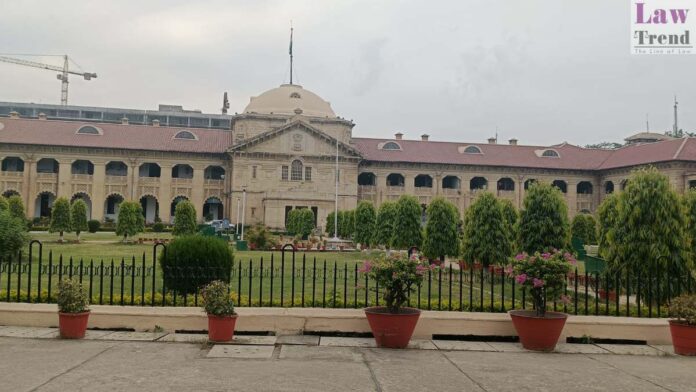The Allahabad High Court has ruled that a writ petition challenging the Advocate General’s refusal to grant permission for initiating criminal contempt proceedings is not maintainable. The decision was delivered by a division bench comprising Justice Shekhar B. Saraf and Justice Manjive Shukla in the case of Arun Mishra vs. Advocate General (WRIT – C
To Read More Please Subscribe to VIP Membership for Unlimited Access to All the Articles, Download Available Copies of Judgments/Order, Acess to Central/State Bare Acts, Advertisement Free Content, Access to More than 4000 Legal Drafts( Readymade Editable Formats of Suits, Petitions, Writs, Legal Notices, Divorce Petitions, 138 Notices, Bail Applications etc.) in Hindi and English.




